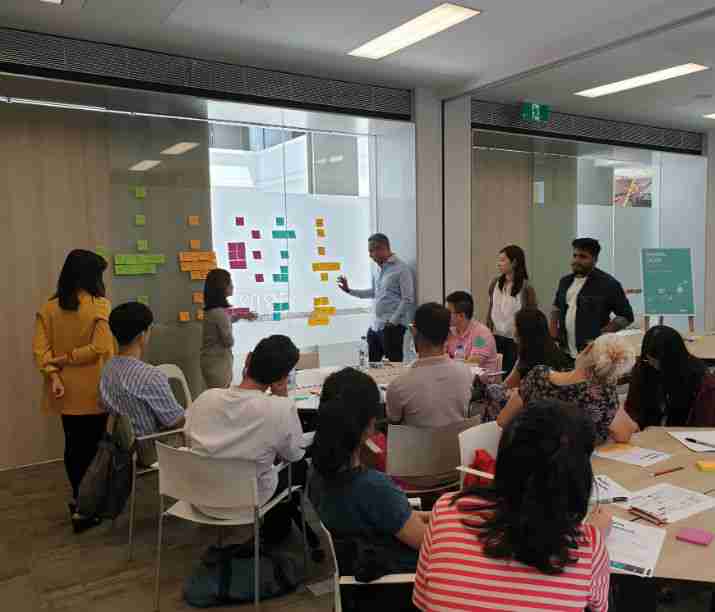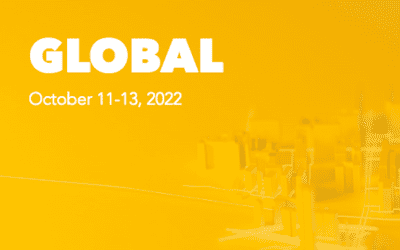In partnership with Analogy we hosted a workshop series on Designing for Trust in the Post-Digital Age from the 14th to the 17th March. The objective was to devise new ways in which human & machine interaction can be made more trusting and transparent.
A group of 16 participants in each workshop from various businesses and universities discussed the clear risks facing organisations that fail to deliver trust-inspiring digital experiences and the staggering reputational costs to brands that suffer a data breach. These conversations underlined how easily trust is broken and how difficult it can be to restore, and that even without security incidents, there could be significant consequences for brands that don’t transform the customer experience. Participants debated the role of public institutions, how trust can be monitored and reported and how much this relies on the legitimacy, transparency and effectiveness of these processes.

Teams were formed in each workshop and taken through a series of activities to identify and understand elements that add trust in a digital transaction and to look at whether trust can be designed with the absence of literal physical interaction. The teams presented their ideas back to the group and discussed how creating a digital experience that allows frictionless access to goods and services, whilst protecting customers’ right to privacy using the data they share, will enable businesses to exceed expectations and create customised, valuable experiences for the consumer.






